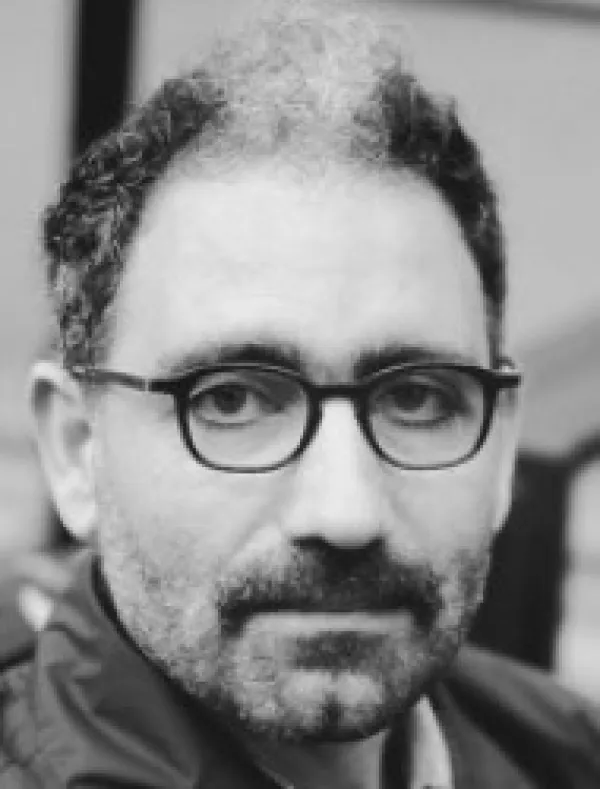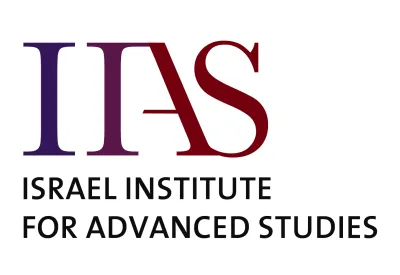Israel

Ahmed al-Rahim
Ahmed H. al-Rahim is an associate professor of Islamic Studies in the Department of Religious Studies at the University of Virginia. His teaching and research cut across the centuries of Islam, spanning the Arabic reception history of Aristotelian philosophy during Islam’s “dark ages,” the development of Islamic ethics in the Middle Ages, and the ideologies of political Islam in the modern Near East.
Before coming to the University of Virginia, he served as Senior Research Analysts and Advisor on political Islam in the Office of Analysis for Near East and South Asia (INR), U.S. Department of State. His research and teaching focus on medieval Arabic and Islamic intellectual and philosophical history.
The proposed research initiative examines the diversity of nonverbal communication (NVC) within Islamic societies from late antiquity to the sixteenth century (AD). In taking a comprehensive approach to NVC, the initiative aims to show how body language, gestures, visual, auditory, and facial expressions, as well as costume and attire intersect, thus creating a multifaceted realm of NVC within Islamic societies.
Despite the wealth of extant NVC material in the oral and literary Arabic tradition of Medieval and Early Modern Islamic Societies, the field of Arabic and Islamic studies has not yet established gesture studies as a stand-alone discipline. This desideratum is especially evident when comparing studies of gestures in this field with those of other disciplines such as anthropology, psychology, folklore, classical studies, literary theory, and Jewish studies.
The proposed project plans to bridge this divide by establishing an interdisciplinary research group focusing on NVC in the regions of the Middle East and North Africa from late antiquity to the sixteenth century (CE). By convening an international and interdisciplinary team, our research seeks to explore the various and intersecting facets of NVC in the Islamic tradition. Key inquiries include examining the Arabic nomenclature, typologies, and histories of NVC in the Qurʾān and its exegetical tradition (tafsīr), ḥadīth, Arabic literature and poetry, Islamic law, interfaith history, and court culture.
